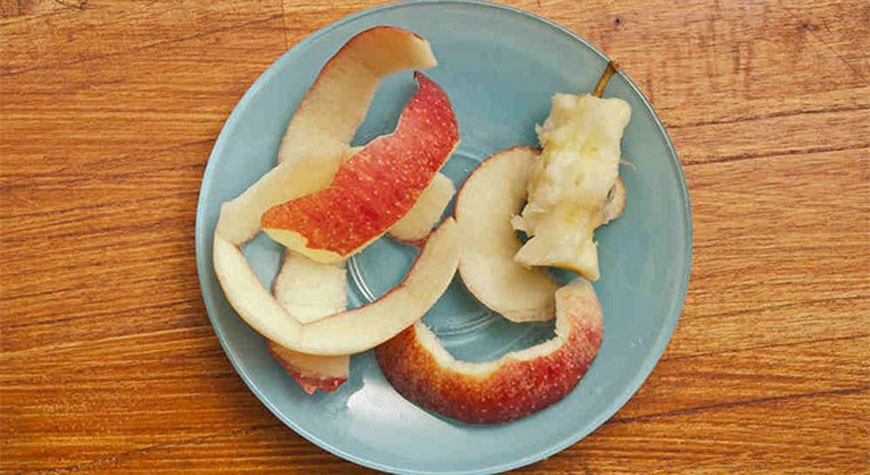Thanks to human consumption habits, extravagance, and waste, the natural world is so messed up. Before it’s too late, you can act – now – to save Planet Earth.
Here are the top 5 things you can do today:
1. Re-think plastic, invest in a stainless steel water bottle
You only drink once from plastic bottles, but they do not disintegrate for hundreds of years. Think of the land fill that must be created to dump all these plastic bottles. Think of the Garbage Patch whirling around the Pacific Ocean.
Instead of buying bottled drinks to quench your thirst, buy a stainless steel water bottle.
Why not plastic? Because once it will be in a bad shape, you will dump it, adding to the plastic bottle problem. Why not aluminum? Because aluminum reacts with acid. Citrus fruits, such as oranges, calamansi, and lemons are acidic, interacting with aluminum, which is harmful to humans, especially infants and children.
Why stainless steel? Because stainless steel lasts longer than any other consumer-quality material and does not react with acidic food and drinks.
2. Replant veggies in pots
When chopping vegetable roots, tops, and stalks, don’t discard them. They can be planted in pots and grow new veggies for your meals in the near future.
Examples of vegetable that can be replanted include kangkong stalks, alugbati stalks, carrot tops, celery roots, kinchay roots, petchay roots, and green onion roots. You can plant a segment of a ginger root and one garlic clove and you will have more ginger and garlic bulbs in no time. The list can go on.
Keep your pots near the window sill or in places where your pots will get sunlight. Turn your pots from time to time for even exposure to sunlight.
3. Join the slow food movement and community gardens
Instead of going to a fastfood restaurant when you are hungry, plan to plant your own food. Get your hands dirty! Even if you live in big cities, you can plant the food you eat.
In some parts of the world, including Chicago and Los Angeles, local governments allow people to plant veggies and food crops on public lands, such as on curbside and on public vacant lots. In Indianapolis, my Filipina-American friend, Ms. Maria Beltran-Figueroa, who is the executive director of Refugee Resource and Research Institute, successfully received permission from some charitable institutions and farmers to use portions of their land for refugees to plant their crops that they were used to in their countries of origin, such as Burma.
Refugees plant Thai basil, Asian eggplant, and other vegetables, enabling them to enjoy the food they were used to as well as exposing other Americans to the refugees’ food cultures. Urban gardeners help water each other’s plants.
4. Save and reuse water
Some parts of the world, such as California, are experiencing drought. If you really love ornamental plants, think of plants that do not require a lot of water input, such as ornamental grasses that grow on dry land, cacti, bromeliad, and other hardy plants.
If you have a garden, don’t plant lawn grass, which has no purpose at all, to which you will pour toxic chemicals to let your lawn stay green and bug-free. Rather, join the fast growing “Grow Food, Not Lawns” movement. Convert your private lawn into a vegetable garden.
Use greywater from your sinks to water your plants. When you have a bountiful harvest, share your produce with charitable institutions to feed the hungry, as well as to your family, friends, and neighbors so that they will also learn the lesson of growing your own food and not dumping toxic chemicals on your backyard.
When you still have excess produce, learn how to can and pickle your veggies, by fresh freezing your veggies and making achara and kimchi.
5. Don't throw veggie and fruit peels
When you peel your fruits and veggies, don’t throw them right away indiscriminately, adding up to the garbage heap. Set aside vegetable peels, such as carrots, imperfect veggie leaves, and celery stalks.
Chop them up finely or purée them. Put them in a pot with water. Boil and you have an instant and healthy soup stock. In fact, that’s what you are served when you get free soup in a restaurant.
Some fruit peels can also be candied. Fruit cake contains candied orange and lemon peels. You basically just need to add sugar to fruit peels.
For other dry table and food scraps, such as onion skin, put them in a compost pot or pile. Include banana skin, which has a lot of potassium which your plants need. After a few months, you will have great garden soil for your vegetable pots or plots.
By doing just the five above things, you are already contributing to making your lifestyle more sustainable than in the past. Think of all the plastic bottles, disposable silverware, and plates that you will not use. Think of how much less garbage you personally and your family will generate.
If your family, friends, and neighbors learn from you, imagine the multiplier effect you will have on them and others who will learn from them.
Rey Ty is a political observer, author, political theorist, comparativist, political risk and policy analyst, and lecturer. He received his doctorate from Northern Illinois University and master’s degrees from the University of California at Berkeley and Northern Illinois University.
This article was first published by Rappler.com, a Manila-based social news network where stories inspire community engagement and digitally fuelled actions for social change.








Comments